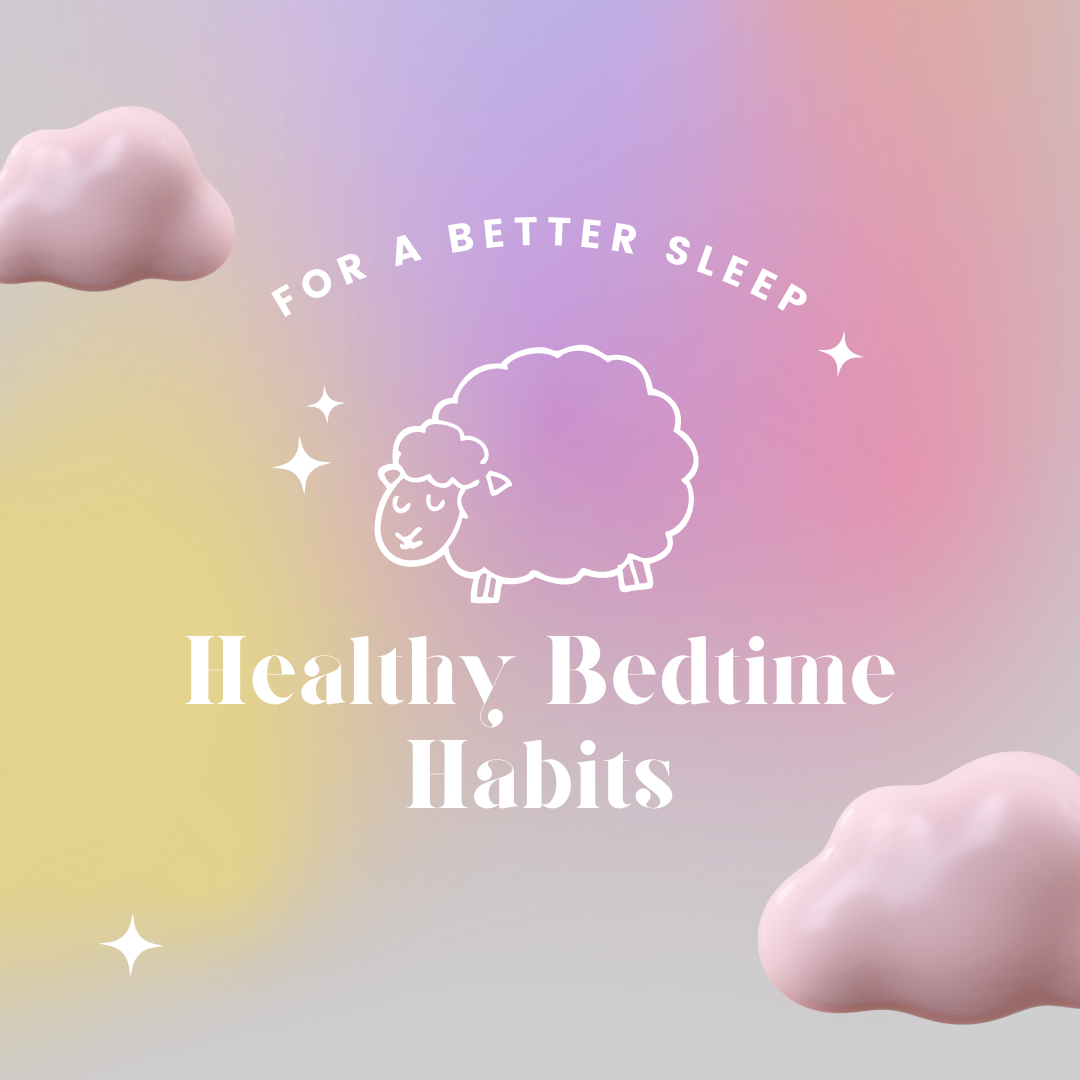
To tell the truth, most peoples sleep hygiene sucks. It’s a widespread issue that is hurting people until we learn to be more responsible with our technologies and habits. Sleep is important. You should get your normal amounts of sleep if you want to stay healthy and functioning at your best. This is where sleep hygiene comes into play. What it refers to, is how you can set yourself up for the best sleep possible for the night. There are a lot of little factors at play and things you can take action on TONIGHT if you want to take up feeling rested in the mornings.
WHAT HAPPENS IF I DON’T SLEEP?
Like stated before, sleep is very important to our health. Going without it is going to start to cause issues and the longer you go without proper sleep, the worse the problems get. Chronic sleep deprivation is defined as curtailed sleep that persists for at least 3 months. This has been linked to a ton of health complications and concerns for the people experiencing sleeplessness. In the short term, you could feel foggy, have trouble finding words, and feel like you’re moving in water. You could also experience, “microsleeping”. This is when your brain is so tired, it forces you to fall asleep for a few seconds at a time. The scary part, is that you wont even notice that you fell asleep for a moment. In the long term, this could lead to issues with obesity, heart disease, compromised immune system, and even type 2 diabetes.
I DON’T LIKE THE SOUND OF THAT
We don’t either. That’s why this field of sleep hygiene has been getting bigger and bigger. We recognize that it is an issue and we need to do something about it. That’s why I have some tips to share with you all. I know everyone’s situation is different and some tips may work and some might not. That’s why they are just tips and not a law. They can be bent and adapted to best fit how you operate.
TIP #1: SET A SCHEDULE
– Have a consistent wake and sleep time. Even on the weekends. The more consistent you can be with your schedule, the more your body will be able to prepare for resting and waking. If you want to make adjustments to those times, do it gradually. Sudden changes will throw your rhythm off and make things worse. The same goes for taking a 3-hour nap in the middle of the day. Naps aren’t a bad thing, but they need moderation like all things in life. Keep them shorter and early in the afternoon if you work a typical 9-5 schedule.
TIP #2: START A BED-TIME ROUTINE
– As you can tell, this is about starting good habits. Habits are good for you body because it makes things predictable. So doing things like putting on your pjs and brushing your teeth at the same time every night, will cause your body to recognize that you are preparing for rest. If you struggle with getting to rest and being able to relax, there are options for you as well. Meditation or paced breathing will help.
BAD HABITS TO RECOGNIZE
There are some bad habits that cause people to have issues with following these tips as well. One big one that I see every day are the uses of phones and TVs prior to bed. There needs to be some time off of screens before falling asleep. The reason being that the light coming off of the screens can actually have an impact on the parts of your brain that recognize night vs. day. That’s also why if you look at the display settings, there is a night mode that warms the color of the screen. Another habit that came to the front of issues, was doing work in bed. By doing that, you aren’t associating your bed with sleep. You associate your bed with work mentally. That opens up the door to allowing those daily stressors into your bedroom instead of leaving them at work.
This isn’t a list to help you cure your insomnia, but a collection of a few important tips that could help you make a difference in your daily life. If you suffer from a severe insomnia or sleep apnea, you could still benefit from following these tips. Just keep in mind that this isn’t going to treat that, and that you may require more professional treatments if problems are occurring.

